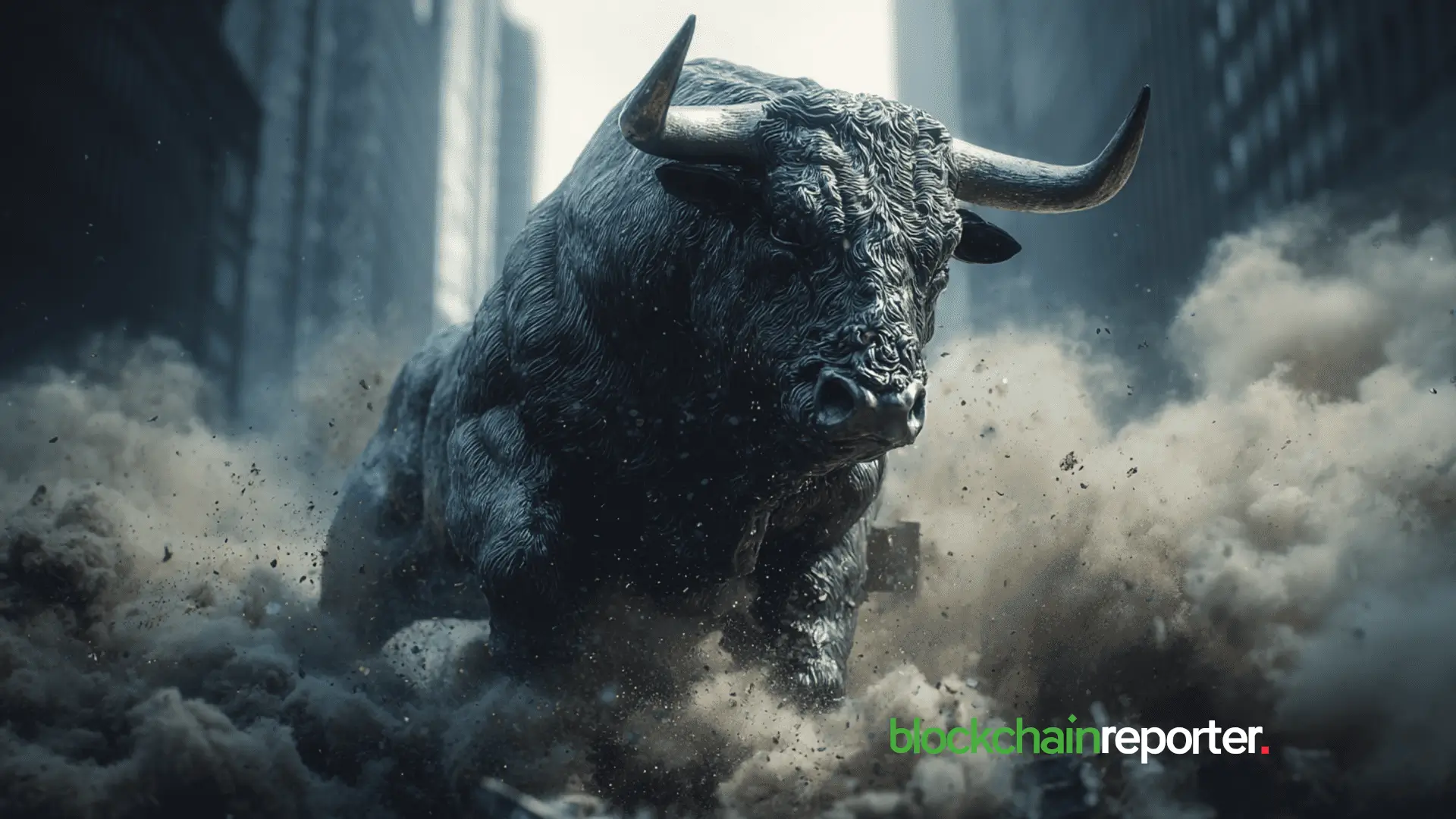Crypto News: Australia Needs To Move Fast And Adopt RWAs, Government Exec Says
Australia’s regulator warns the nation may fall behind in tokenization as global markets adopt blockchain-based RWAs.
Australia’s top market regulator has warned that the country may lose its competitive edge if it fails to move faster on tokenisation.
Joe Longo, the Chair of the Australian Securities and Investments Commission (ASIC), believes the technology could affect financial markets and Australia must act soon or risk being left behind.
Tokenization could transform financial markets
Speaking at the National Press Club, Longo said Australia is facing a clear choice on whether to innovate or stagnate.
He compared the current moment to when the Australian Securities Exchange introduced its electronic settlement system decades ago.
That change modernised trading and he said that tokenisation could do the same for today’s markets.
Over 35 billion dollars’ worth of real-world assets are already tokenised on blockchain networks.
Research from Boston Consulting Group says that this figure could reach as high as 16 trillion dollars by 2030.
Even conservative estimates from McKinsey show that the total could rise above 2 trillion dollars within the same period.
In essence, tokenisation converts traditional assets like bonds, real estate or funds into digital tokens that can be traded on blockchains.
Global Competitors are Moving Faster on Tokenisation
Other countries are already ahead. The United States, Singapore and Hong Kong have all launched large-scale pilots involving tokenised funds and securities.
Singapore’s Monetary Authority has tested tokenised deposits and foreign exchange settlements through its Project Guardian initiative. In fact, Hong Kong has issued tokenised green bonds and expanded those offerings last year.
In the US, major players like BlackRock are pushing the idea even further. The firm launched a tokenised liquidity fund (BUIDL) on Ethereum last year.
This move gave institutional investors on-chain exposure to dollar assets. JPMorgan also plans to tokenise over 700 billion worth of money market funds by 2028.
These examples show how traditional finance is mixing with blockchain infrastructure. Without similar progress, Australia risks losing both innovation and investment to more active markets.
Australia’s early lead is slipping
Australia was once an early adopter of financial technology. The first tokenized bond was issued in Sydney back in 2018.
Its Reserve Bank tested tokenized settlement as part of its central bank digital currency pilot in 2023. Major local banks, including ANZ and National Australia Bank also created Australian dollar stablecoins for institutional use.
However, Longo warned that progress has slowed while other jurisdictions move faster.
He revealed that discussions with US regulators made it clear that Australia is in a race to attract global capital.
ASIC plans to support fintech innovation
ASIC intends to relaunch its Innovation Hub, which is a program designed to help fintech startups understand financial regulations.
This step aims to make it easier for firms to test new products without facing unnecessary delays. Longo noted that encouraging innovation doesn’t mean compromising investor protection.
Rather, it means creating a system that can adapt to global standards.
The regulator also updated its digital asset guidance last week and reinforced the need to balance safety with innovation.
Industry observers believe that such moves could lay the groundwork for a more open environment where tokenised products can be traded under clear rules.
The post Crypto News: Australia Needs To Move Fast And Adopt RWAs, Government Exec Says appeared first on Live Bitcoin News.
You May Also Like

Privacy Coins Rally Driven by Technicals, Narrative

‘Survival Mode’ Activated: Bitcoin Miners Struggle As Hashprice Collapses
